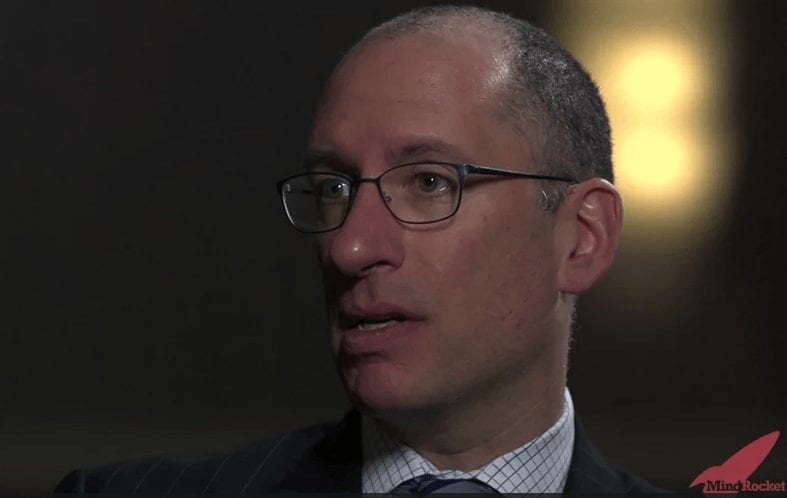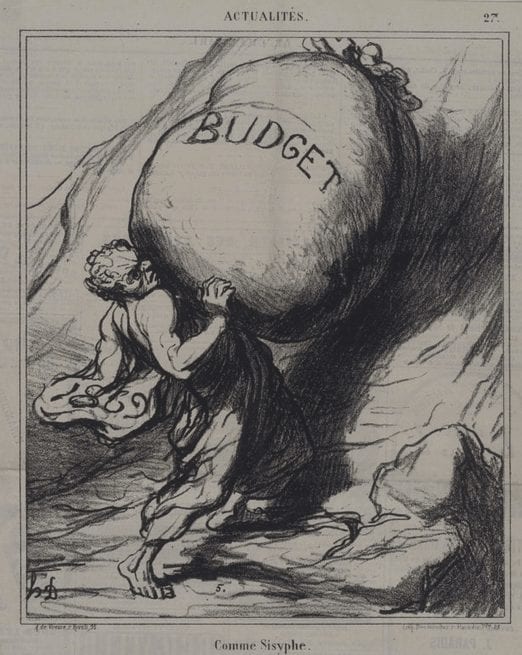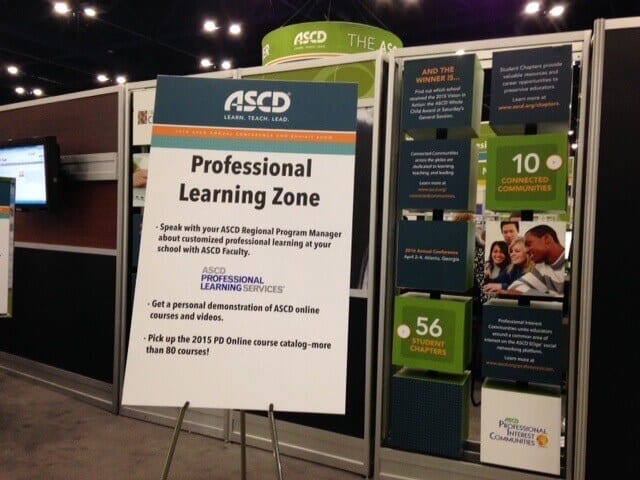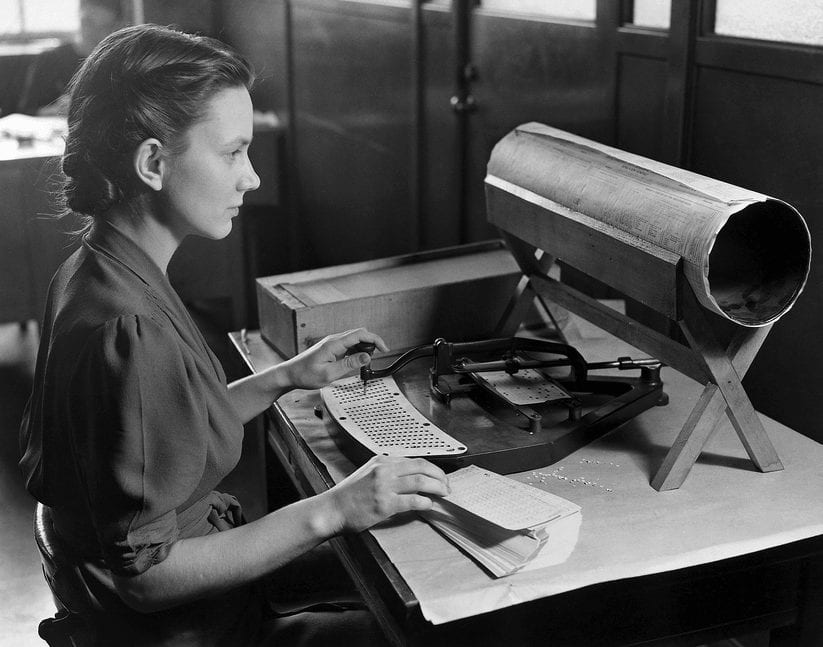Baruti Kafele, better known as Principal Kafele, communicates his experiences in educational leadership with great conviction. An award winning leader Principal Kafele has impacted all sectors and stakeholders in education through his public speaking, books and consulting. His latest book “The Principal 50” focuses on the critical questions needed to drive excellence in school leadership.
Dr. Berger: I have been wanting to speak with you for some time Principal Kafele. You have always communicated your position with great conviction in a space that is too often concerned with public approval. With that as the backdrop, I would be interested to know your thoughts as to how the role of a Principal has changed over the last 20 years and what skills are now needed for an individual to lead 21st century schools.
Principal Kafele: I find this to be a fascinating question. The role of the principal has changed significantly over the past 20 years. As it relates to student achievement, 20 years ago; particularly at the elementary level, there was no real state or federal accountability for student progress relative to standardized assessments. In my district where I was a classroom teacher at the time, students took the California Achievement Test (CAT). If they did well – great. If they didn’t do well – we’ll try harder next year. NCLB changed everything. The stakes were raised and pressure was on everyone to perform well. This simultaneously changed drastically the role of the principal. No longer was building management rewarded or looked upon as significant.
Instructional leadership became the primary role of the principal. Principals were now expected to lead their schools instructionally and they were held accountable for the schools overall academic success. This compelled principals to be trained differently and to perform their duties differently. Principals now had to be trained to be the instructional leaders of their schools. Principals now had to function as the instructional leaders of their schools.

The success or failure of the school rested primarily on the shoulders of the principal. If the school performed well, the principal was looked upon as a great leader. If the school performed poorly, the principal was looked upon as an ineffective leader.
In so many ways, the role of the principal has changed significantly over the past 20 years in areas such as school safety and security, parental and community engagement, school climate and culture, diversity issues, social issues, technology and social media just to name a few. But the one area I feel is most impactful is instructional leadership. The stakes are higher, and all eyes are on the principal to lead the school to academic success.
DB: How has the influx of teacher observations and evaluations changed the day-to-day exchanges between principals and teachers and what issues has this exercise brought to the surface?
PK: Yes, the influx of teacher observations and evaluations has changed the day-to-day exchanges between principals and teachers and I feel that this is a good thing – not so much when there is a deluge of evaluations to complete; but more so the principal spending quality time in classrooms and providing immediate feedback. This allows for a collegial relationship via a clinical supervision model that just didn’t exist on a large scale twenty years ago when I was a classroom teacher.
With the change in accountability the frequent observations are an absolute necessity, coupled with productive and immediate post observation conference. What this dynamic has brought to the surface is that ongoing observations and their accompanying pre and post observation conferences did not exist wide scale twenty years ago in so many places and students consequently suffered.
There simply was not enough dialogue between the principal and teacher and how this translated into student achievement. In today’s times of “clinical supervision,” these conversations are occurring on a much larger scale, which puts students who are labeled at risk particularly in a much better position to be successful.
DB: I often feel as though school leaders are boxed in by the unofficial parameters of what society thinks principals should be and how they should act and by the sometimes unrealistic expectations of their staffs. First, I would ask if I am on target or if my supposition is baseless. Second, I would ask how you have navigated the choppy waters of community and staff expectations and how have your approaches changed over the years?
PK: The principalship is a multifaceted position replete enormous challenges, obstacles, pressures and demands. The principalship also falls within the parameters of overall leadership. Everyone’s not going to be an effective leader in the truest sense of the word. Because one may have been a great classroom teacher does not always translate into an effective principal.
Principal leadership is an art and one has to learn through experience, trial and error to be a great leader. I personally do not mind society’s expectation of who and what I should be as a leader. It is comparable to sports. The average fan thinks he or she has all of the answers.
If the average player listens to what the fans have to say and go as far as to adapt to the fans, his /her career will be short lived for sure. If on the other hand, the athlete focuses on his / her practice, performance and striving to be great, what the fans say doesn’t matter. He / she is getting the job done. It works the same way in the principalship. Results matter! Results speak louder than words!
The principal must focus on results via the instructional leadership I referenced above. As results are produced, what society says takes on less significance.
As far as my own practice is concerned, my priority was to always ensure that staff, parents and the community were on board; were a part of the team. This couldn’t be something hoped for or wished for. I had to be proactive in creating a school climate and culture that would enable my staff, parents and community to willingly want to be a part of something special. This required me to be proactive as opposed to reactive as situations arose. I therefore did not have to concern myself with unrealistic expectations of staff and community. They were on board as we navigated the choppy waters of high student academic performance.
DB: If you were to speak to a group of budding school leaders what subjects would you cover that they need to be cognizant of that we might not think about, but should?
PK: The main subject that I would address that they may not be cognizant of that we might not think about but should is “School Brand.” This is an area that I address often with new and experienced administrators. In most cases, they inform me that this is not a conversation they would typically engage their staff in because they simply never gave it any thought.
For me, it is unavoidable. The school’s brand is essentially the school’s identity…the school’s image. How do we build great schools without considering first, who we are. The school’s identity matters. The school’s image matters; particularly the perception of the school by staff, students, parents and the community. I say to principals that they must lead the effort of creating, developing, influencing and controlling the brand of their schools.






